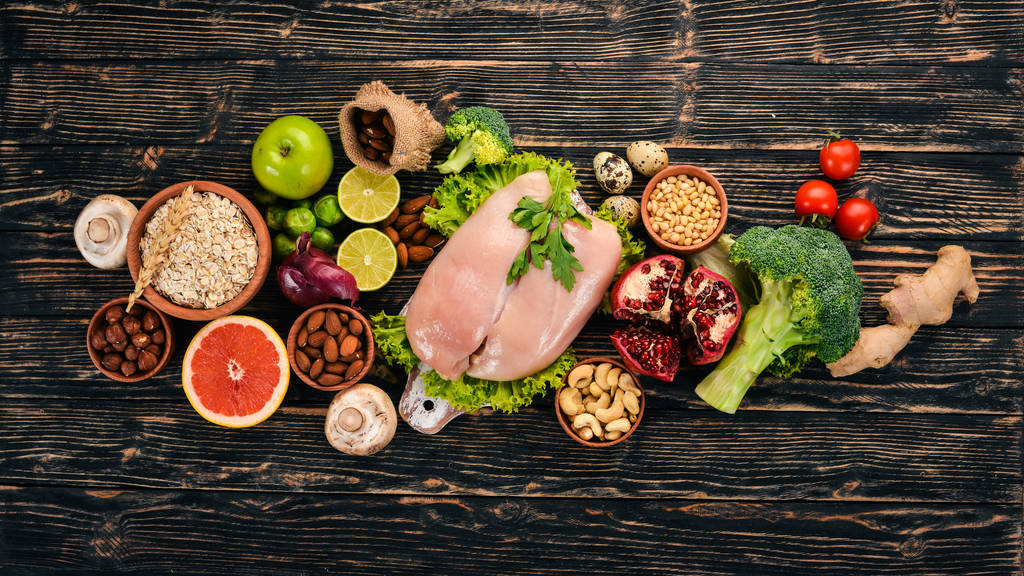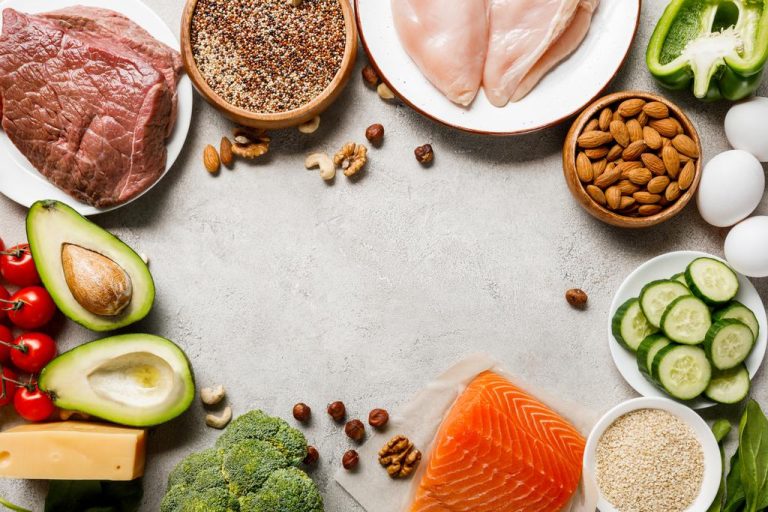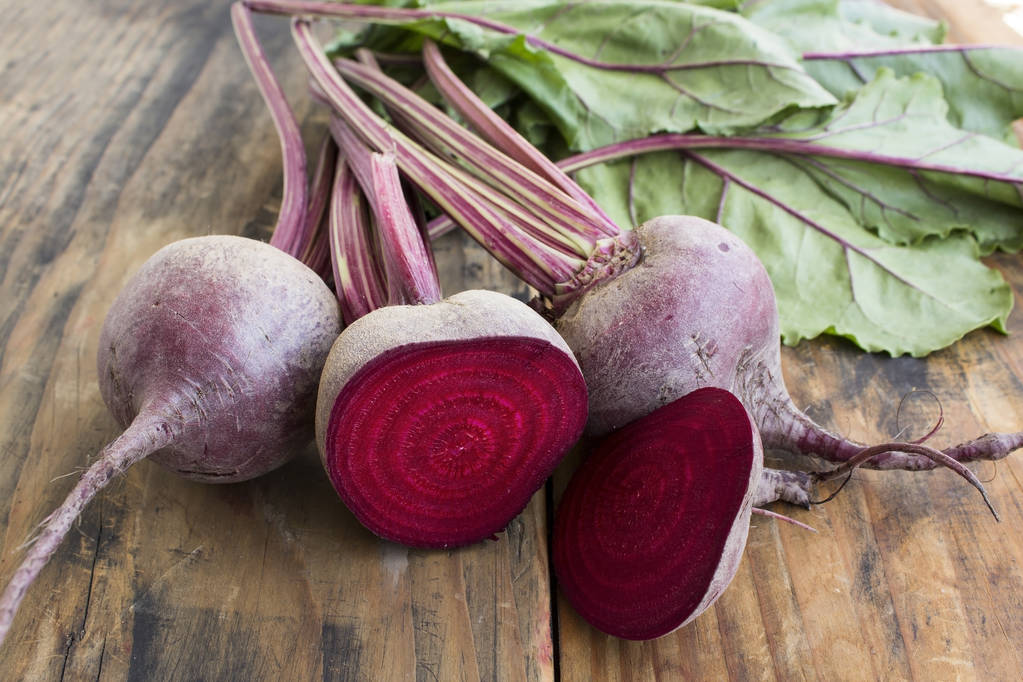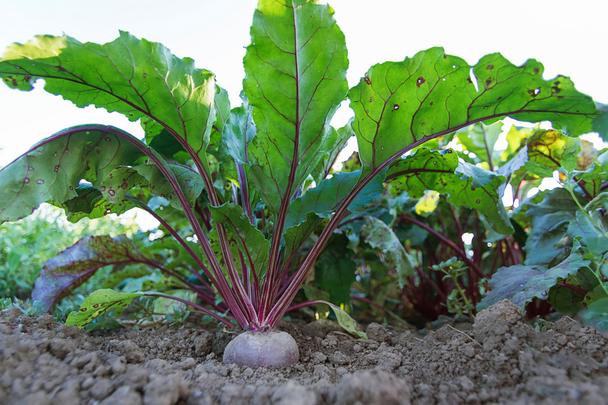Cancer diets are designed to protect against disease. In fact, these usually have a rather damaging effect on the body. Nevertheless, the right diet can reduce the risk of cancer. We explain what really matters.
What really matters when it comes to cancer diets
The fact that cancer feeds on sugar is an important finding, but it cannot simply be extrapolated to humans. Just because a cell in a laboratory petri dish responds a certain way doesn’t mean it will do the same in the human body.
So the statement “no sugar – no cancer” is wrong. Instead, it is true that diet has an influence on the development and progression of cancer. Contrary to what the avoidable experts and forums claim, however, it is not about omitting a specific nutrient. When eating, the risk of cancer lies elsewhere.
The most important principle when creating a menu to reduce the risk of cancer is that no matter what you eat, too much of it is never good. As the Apotheken-Umschau reports, obesity is one of the most dangerous factors when it comes to cancer and could even catch up with smoking cases in the next few years.
Belly fat as a risk factor for cancer
At least 13 types of cancer have now been identified where too many pounds increase the risk. These include some of the most common, such as colon, breast and prostate cancer. As more and more cancers are linked to obesity, obesity may have an overriding impact on tumors, unlike, for example, smoking, which only causes lung cancer.
According to the Apotheken-Umschau, for example, a woman with a body mass index of 30 would double her risk of gynecological tumors. Being overweight is not the direct cause of cancer, but only promotes its development and growth.
As reported by the German Cancer Research Center, among others, inflammatory processes and the increased release of hormones within the fatty tissue are primarily responsible for this. Such hormones in women are estrogen, for example. In addition, the fatty tissue is kept in a kind of permanent inflammatory state by the body due to an increased release of messenger substances.
Are there carcinogenic foods?
Eating a balanced diet is also important in preventing cancer. But are there foods that should be avoided completely? Scientists have actually identified a few foods that are likely to slightly increase the risk of cancer.
First and foremost is alcohol, which has been shown to increase the risk of certain types of tumours. Consumption of grilled, roasted and fried foods also increases the risk. These processes produce substances such as acrylamide and nitrosamines, which are classified as carcinogenic.
Moldy food is also strongly discouraged. Processed and red meat are also classified as harmful by the World Health Organization (WHO). This increases the likelihood of developing colon cancer. If you consume these products in moderation and not every day, the influence is rather small.

Eating right: is there a miracle cure for cancer?
If there are so many known carcinogens, are there foods that fight cancer? Although studies with promising results keep appearing, these could unfortunately never be repeated with equally good results. The idea that certain foods can work wonders for cancer patients or for prevention is hardly widespread among doctors today.
Since the body basically needs all nutrients, it is neither advisable nor necessary to completely avoid a group to prevent cancer, as suggested by new trend diets. The number 1 menu for reducing the risk of cancer is therefore mainly based on balance and wholeness. A low-meat diet with lots of fruit, vegetables and whole grain products is the best way. You should also make sure that your protein is not only obtained from animal sources.






